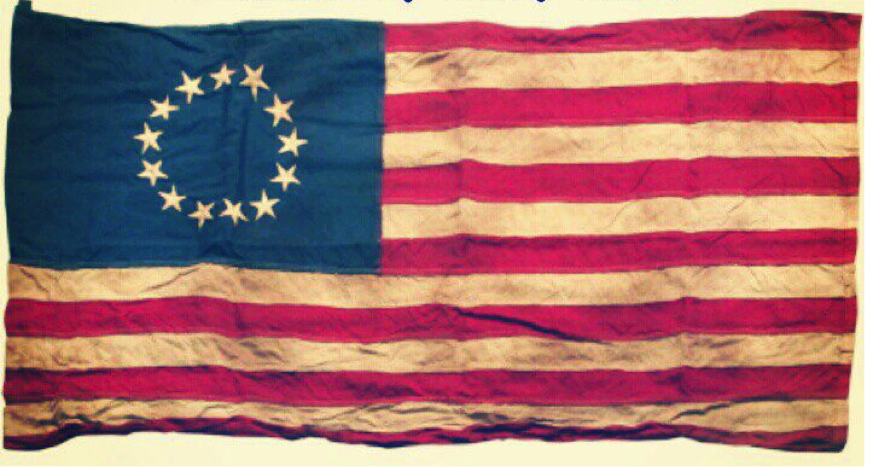It is important to note that a moderate number of the founders of the United States were not Biblical Christians; if they even considered themselves Christians at all. As was previously discussed regarding John Adams and the Treaty of Tripoli, Adams believed the government of the United States to not at all be founded on the Christian religion[1]. He was also a Unitarian and disbelieved the Trinity, an important aspect of the Christian faith. Unitarianism is also part of the universalism movement, which teaches universal salvation to all who believe in any god they so choose. In other words, no matter which god or religion to which you ascribe, everyone will end up in the same place. Thomas Jefferson also did not believe in Scripture as written; so, he decided to write his own bible removing content at his own will and discretion. Jefferson also wrote, in a letter to John Adams in April of 1823,
The day will come when the mystical generation of Jesus by the Supreme Being in the womb of a virgin, will be classed with the fable of the generation of Minerva in the brain of Jupiter.[2]
Furthermore, because of Jefferson’s manifested beliefs in this letter, one may conclude that Jefferson thought of Christianity as tomfoolery at best. If two of the first three democratically elected leaders were so clearly not Christian, then it is, at best, ill reasoning to assume the nation to be explicitly founded upon the Christian religion.
Another aspect of the debate is the discussion of national mottos; such as, “In God We Trust” – imprinted on coins and Treasury notes – and “…one nation, under God…” in the Pledge of Allegiance. In regards to “In God We Trust”, this was not imprinted on money until 1861[3] and was only done for political appeasement of the National Reform Association, not out of true belief on behalf of Congress or President Lincoln. The NRA brought before the president an entire amendment to the preamble of the Constitution that would explicitly make the United States a Christian nation. This was too great a favor to ask, so the politicians compromised with the committee and put “In God We Trust” on United States coins. A few presidents after that, namely Teddy Roosevelt[4], attempted to remove the motto from money, but every attempt was failed on grounds of tradion. In regards to “…one nation, under God…”, this phrase was added to the pledge in the middle of the twentieth century by President Eisenhower[5]; this was not, by any means, and original phrase, contrary to popular belief.
[1] Fea. Was America Founded… pg. 4
[2] Schweitzer. Founding Fathers…
[3] Fea. Was America Founded… pg. 23
[4] Schweitzer. Founding Fathers…
[5] Schweitzer. Founding Fathers…

